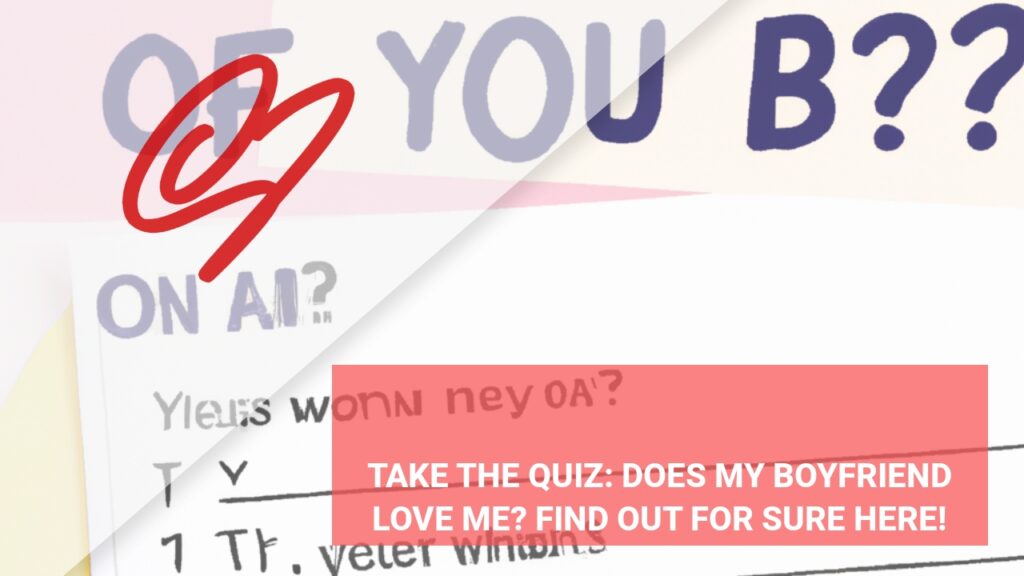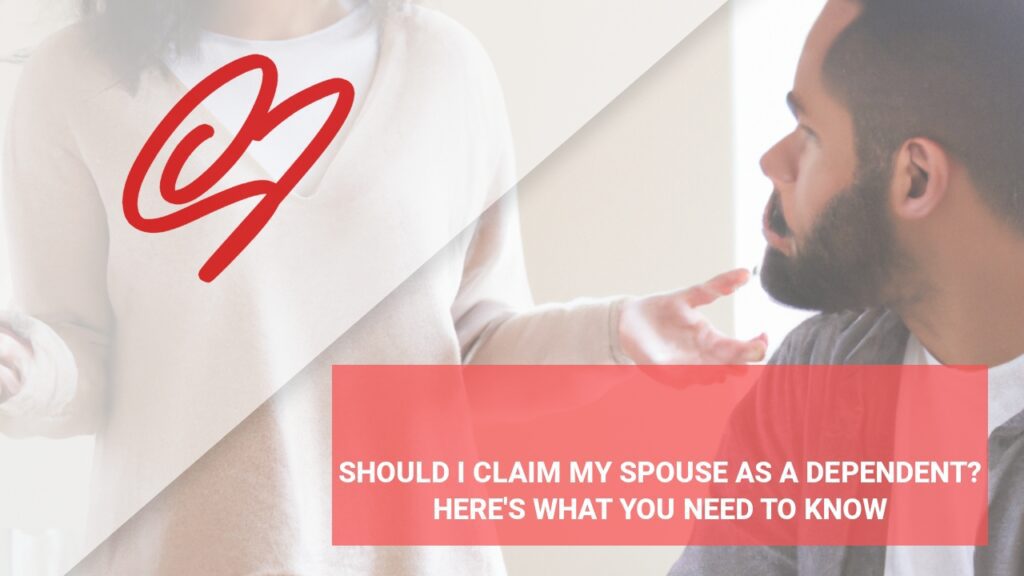
Hey, So, I write this with a bit of apprehension as you’re my last port of call. I’ve been with my girlfriend, Tammy, for over a year now. It’s going amazing; she’s like the sun on a gloomy day, man. She lights up everything around her… and me too. But the thing is, lately I’ve started worrying about her. A lot. And it’s not about something specific, like if she’s cheating or lying or anything like that. Nah, man – it’s more of this nagging feeling that something bad will happen to her. She takes her dog out for walks late at night in our dodgy neighborhood because it “helps clear her mind.” She drives back home after late-night parties even when I know she’s had one too many shots. She goes hiking alone on weekends sometimes when she needs “me time.” I’ve expressed my concern to her more than once but Tammy just brushes it off – “I’m not stupid,” she says and “stop worrying” is her usual parting shot. But isn’t it normal? Shouldn’t we worry about people we care about? The other day I was chatting with a buddy of mine and he pointedly told me that constantly worrying is kinda suffocating in a relationship – got me doubting myself. So here’s where I need your advice: Is it really bad to worry about your girlfriend? Am I turning into some sorta control freak without even realizing? Heck! Do you think this could mess up things between us? Is there any way I can feel less anxious? Need guidance, Desperate Worrywart
The Raw And Honest Truth I Would Give To My Friends Or Family Member…
The thing to point out here is that caring about the safety and well-being of someone you love is completely normal. However, there’s a fine line between genuine concern and over-worrying, which can come across as controlling or suffocating, as your friend mentioned. Here’s what I will say: Worrying excessively does not mean you’re a control freak, but it can put an unexpected strain on the relationship. It’s crucial to understand that Tammy, like every adult, has the right to make her own decisions and live life her way. Your role isn’t to restrict her actions based on what could potentially happen, but to support her decisions while expressing your concerns. Another thing is, it’s not about Tammy telling you that she’s not stupid, it’s more about her feeling trusted and free in the relationship. Consider this: she’s been managing her life before you came into the picture and she’ll continue to do so. Yes, now you’re a part of it and naturally you worry, but remember, she knows what she’s doing too. Listen, all this constant worrying is clearly causing you distress. The best way to deal with these feelings is to communicate openly with Tammy. Express your concerns in a way that doesn’t come off as controlling or restricting. “I’m worried because I care about you” is very different from “You shouldn’t do this”. Discuss possible compromises or solutions that ensure her safety without limiting her freedom. Finally, find ways to manage your anxiety. That might mean meditation, deep breathing exercises, or even therapy. This isn’t just for Tammy, it’s for your own peace of mind as well. Cheers,Your friendly advisor.
But, that’s just my personal viewpoint. I’ve asked an expert relationship coach to break it down for what it is.
It might provide you with some more context.
“Is It Bad To Worry About Your Girlfriend”: Advice From A Relationship Coach
 Let’s break this down, shall we? When someone expresses concern about their girlfriend’s well-being, it could be a sign of a healthy, caring relationship. However, it can also become problematic depending on the nature and intensity of that worry. It’s essential to distinguish between constructive concern and overbearing anxiety.
Concern Vs. Control: Walking a Fine Line
Let’s break this down, shall we? When someone expresses concern about their girlfriend’s well-being, it could be a sign of a healthy, caring relationship. However, it can also become problematic depending on the nature and intensity of that worry. It’s essential to distinguish between constructive concern and overbearing anxiety.
Concern Vs. Control: Walking a Fine LineWorrying about your partner signifies that you care. In life’s ups and downs, showing empathy and support is crucial for any relationship to thrive. But here’s the kicker: when does genuine concern tip over into the territory of control or lack of trust?
See, if your worry leads to behaviors like constantly checking in or feeling anxious when she’s out with friends or has plans that don’t involve you, then we might be looking at issues related to insecurity or control rather than mere concern. The key is communication—finding out what she needs from you in terms of support without suffocating her independence.
The Impact on Your Emotional Well-Being
Now flip the coin for a second—excessive worry isn’t just possibly suffocating for her; it can take a toll on you as well. The psychological impact involves stress and anxiety which can lead to sleepless nights and even physical symptoms like headaches or stomach problems.
So what your mental state might be telling you is that there are underlying issues such as fear of loss or abandonment that could be addressed perhaps with professional help or through open conversations with your girlfriend about insecurities.
The Trust Factor: Where Does It Stand?
Here’s something crucial – trust is the bedrock of any relationship. What your incessant worrying could indicate is an underlying trust issue; whether it’s within yourself or in the relationship dynamic itself.
If this resonates with you, it may be time to reflect upon why these feelings arise—are they based on past experiences, current behaviors from either party involved in the relationship, or possibly unfounded fears? Understanding this can pave the way towards rebuilding trust.
Autonomy Is Key
Okay, so what this actually means is you need to recognize each other’s autonomy despite being partners who care deeply for one another. A healthy amount of space allows both individuals in a partnership to grow personally which inevitably contributes positively to the growth of their relationship together.
Balance worry with respect for her independence; ask yourself if your concerns are infringing upon her right to live freely and make choices independently – no matter how well-intentioned these worries may be.
Communication Opens Doors
What might not be immediately apparent is how much open dialogue matters here. If something specific sparked your concern (like her safety late at night), talk about potentially constructive solutions together (like sharing location temporarily during late nights out). This could bring peace of mind without encroaching personal boundaries too much. It boils down to finding harmony between being supportive and respecting personal space—it takes two hands clapping indeed! Regular check-ins regarding how each partner feels about the level and type of attention given are vital components in maintaining balance within caring gestures versus restrictive actions. In essence, worrying about your girlfriend isn’t inherently bad—it shows love and affection but keep tabs on whether those worries cross into unhealthy territory which impacts both parties negatively both psychologically and emotionally within the partnership dynamics.
With Everything That’s Been Said & Done (Or Alluded To 😬), What’s Next?
Recognize Your Feelings and Their Roots
Identifying the source of your worries is a crucial first step. You’re not alone in feeling anxious about your partner’s safety, especially when they engage in activities that seem risky. Reflect on whether your concern stems from love, or if it’s more about a need for control. Remember, caring deeply for someone includes wanting them to be safe.It’s equally important to acknowledge that constantly worrying can tip into overprotectiveness. Ask yourself if there might be past experiences influencing your fears. Understanding the root causes can help you navigate these feelings without letting them control you or your relationship with Tammy.
Communicate Openly and Honestly
Honest communication is the bedrock of any healthy relationship. Approach Tammy with empathy and express your concerns without making her feel cornered or judged. It’s not just about dumping your worries on her but engaging in a dialogue where both of you can share feelings openly.Frame the conversation around your emotions – use “I” statements like “I feel worried when…” to avoid sounding accusatory. Be prepared to listen as much as you talk; this isn’t just about finding peace for yourself but understanding her perspective too.
Establish Safety Compromises Together
Find common ground without pushing boundaries. Propose practical solutions, like sharing her live location during solo hikes or setting up designated check-in times during late-night walks with the dog. This doesn’t mean curbing her independence but creating a safety net that works for both of you.It’s key to make these suggestions from a place of care rather than control – let Tammy know it’s about peace of mind for both parties involved, rather than dictating what she should do.
Finding Balance Through Trust Building
Building trust is two-fold; it requires giving trust as much as seeking reassurance. Encourage Tammy’s independence while showing faith in her judgment – over time this will alleviate some of the anxiety you’re experiencing.Consider also building trust through shared experiences that challenge both of you in safe environments — this might provide better insight into each other’s capacities and resilience, thereby reducing excessive worry on your part.
Prioritizing Self-Care and Personal Growth
Engaging in self-care routines and personal growth activities can shift focus from excessive worrying to personal improvement – which benefits not just individual well-being but also relationship health.Broaden your interests; delve into hobbies or exercises that reduce stress and enhance emotional stability.This redirection isn’t neglecting concern for Tammy; it’s strengthening yourself so that fear does not dominate the affection and respect between you two.
Educate Yourself on Rational Concern vs Unfounded Anxiety
Understanding when concern becomes irrational is essential—distinguishing between valid worry and unfounded anxiety.Familiarize yourself with signs of problematic anxiety patterns possibly affecting relationships.Acknowledge moments where concerns are based on genuine risk factors versus scenarios conjured by an overactive imagination.
Tammys history can provide context: has she generally shown good judgment? If yes, this recognition should aid in easing unwarranted fears.
Leverage Professional Help If Needed
There’s absolutely no shame in seeking a therapist’s guidance. A professional perspective may uncover deeper issues driving excessive worry or offer strategies to manage anxiety effectively – possibly improving all facets of life beyond just romantic relationships.A couple’s therapy could serve as a non-confrontational space where issues are addressed collaboratively while learning communication techniques benefitting both partners immensely.
Anxiety doesn’t have to be tackled alone; support networks exist precisely because everyone needs help sometimes.
Need Some Relationship Thoughts? Write To Us!
Is your romantic life in a bit of a maze and you’re finding it hard to navigate your way? Maybe you’ve got a situation you’ve been pondering for ages, unsure of what to make of it. If you find yourself up at night, wrestling with a relationship query that has you stumped, we’re here to offer our loving but honest personal thoughts on your predicament.
We understand that sometimes you’re not looking for professional advice, but rather an empathetic ear and some thoughtful insights that can help you see your situation from a new angle. That’s exactly what we aim to provide—a fresh perspective to help you reflect on what you’re experiencing.
Just write in with your query, and we’ll share our individual viewpoints that are rooted in empathy, understanding, and genuine human experience. We don’t claim to have all the answers, nor do we pretend to be experts. We’re just here to offer our thoughts, one heart to another.
Whether it’s a first date dilemma, a ‘situationship‘ that you’re not sure how to navigate, or a long-term relationship hurdle, we’d love to offer our personal reflections.

